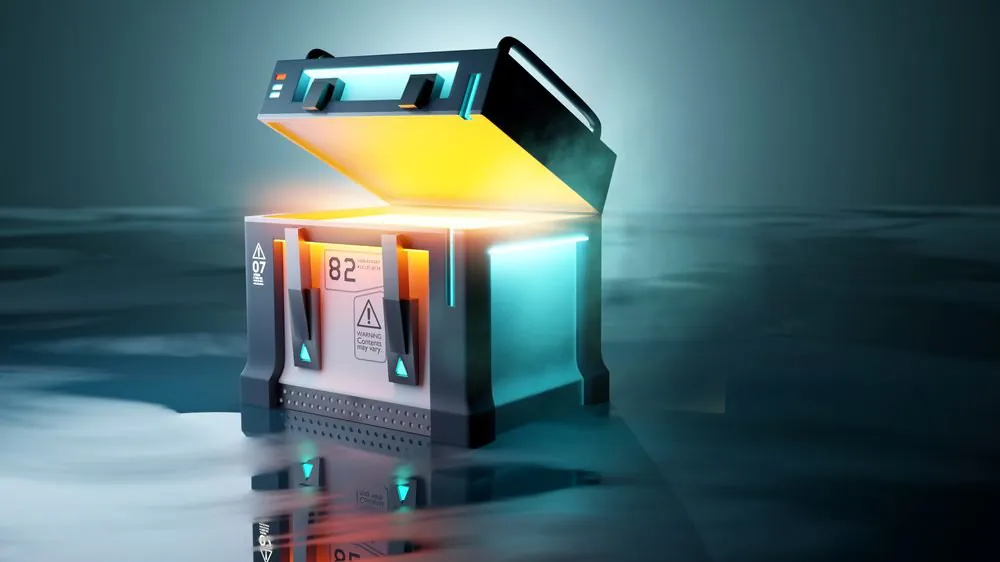Best Of
5 Most Insulting Microtransactions in Gaming

Microtransactions are among some of the most controversial things in gaming. Although surprisingly beneficial for those who have the cash to spare, they do have a habit of butchering equality and causing those who are less fortunate to unwillingly yield to those who possess them. And it's because of this, sadly, that online gaming has taken a major hit lately, as players are now more likely to refrain from playing an unfair game than openly embrace one, knowing full well it isn't a level playing field.
Buying into a microtransaction is a lot like taking a knife to a gunfight. In reality, you know it's borderline cheating, and yet you accept it because the game has presented you with the opportunity to do so without any consequences. But then, there are some that ask way too much of you, to the point of it feeling more like an insult than a genuine helping hand. And if you want to talk about some of the worst in the field, then let us introduce you to these ridiculously expensive cash grabs.
5. Skins (Fortnite)

If you take into account that The Witcher 3: Blood and Wine, an expansion with a good fifteen hours worth of content, launched with a generous $20 price tag, it does make things like Fortnite Skins look a bit stingy, given the fact that a single cosmetic will set you back by a similar amount. And while we understand that looking good in Fortnite is basically on par with actually winning a game, it does seem a bit absurd that Epic Games is able ask so much for something so little.
At the time of writing, a standard Fortnite Skin will set you back anywhere from $8 to $20. Of course, it all depends on the rarity of the cosmetic, which can either range from Uncommon to Legendary. Say you opt for the latter, though, you're looking at around 2,000 V-Bucks, which equates to around $20, sometimes more. And that's a lot, given the simplicity of the product.
4. Stuff Packs (The Sims)

EA Maxis has been known to try its luck in the past, mainly by stripping items from the vanilla copy of The Sims, and then attempting to repackage them in an expansion pack for full retail price years later. This scheme of theirs has been running for quite a few years now, and it has reached a point where newcomers are expected to pay upwards of $500 to see all there is to see in The Sims 4.
Typically, a Stuff Pack will cost you between $15 and $20. The problem is, the money spent doesn't really boost the overall experience. Instead, it adds a few themed cosmetics, a lot of which the vanilla version of the game would've once featured. So, quite clearly a myriad of sneaky cash grabs and nothing more. And yet, die-hard fans of the series will happily throw money at EA so long as there are things to extract. Go figure.
3. Shark Cards (Grand Theft Auto Online)

There was once a time when players didn't have to open multi-billion dollar enterprises to stay afloat in the hostile world of Grand Theft Auto Online. Times have changed, of course, and it's only now that you have to own such luxuries in order to remain a relevant pawn on the monopoly. A way to attain such rewards without having to do the manual labor, surprise surprise, is through Shark Cards, a premium currency that can be purchased with real-world money.
Let's take one of the loftier Shark Cards, for example. Did you know that a card with an in-game value of $8,000,000 will cost you $100? Seems like enough to get by with, for sure. The fact is, though, it isn't anywhere near enough to stay ahead in the rat race. And it's because of this endless hunger to stay relevant that Rockstar's poster child has become something of a toxic world to stay enrolled in.
2. DLC (Battlefront)

Battlefront was one of the most bare bones online multiplayer games to ever disgrace the system. Thanks to EA Games launching the Star Wars-based shooter entry with only the smallest grain of content, anyone who went on to purchase it would've had to buy into its plethora of Season Passes in order to experience its world in full.
Unfortunately, not a lot changed with the release of Battlefront II, Electronic Arts' shot at redemption after the outrage its first chapter caused. It was only after a number of complaints that microtransactions were given the boot in favor of a less aggressive approach, one that would allow for players to earn content through gameplay alone. But the months leading up to that moment, however, were disgraceful even by Electronic Arts' standards.
1. Season Pass (Any)

A Season Pass, which is basically a ticket to access a game's current and future content, is an investment many will happily take in this day and age. Even when a schedule hasn't been painted in black and white, developers will still happily promote a slew of mystery DLC, a lot of which may never even see the light of day.
A typical Season Pass will cost you anywhere from $70 to $100. More often than not, this includes the base game, as well as a guarantee that owners of the package will receive all future DLC, both good and bad. It's a risk, and an expensive one at that. The problem is, without a deeper insight into the future, you're essentially buying into blind faith, and that's a lot to ask of anyone — even gamers.
So, what's your take? Do you agree with our top five? Let us know over on our socials here or down in the comments below.











